![Dental Checkup in Roslyn and New York, NY Dental Checkup in Roslyn and New York, NY]()
Importance of Regular Dental Checkups: Your Path to a Healthy Smile
Apr 28, 2024![This is a thumbnail image of blog Comprehensive Guide to Dentures and Partial Dentures in New York, NY This is a thumbnail image of blog Comprehensive Guide to Dentures and Partial Dentures in New York, NY]()
Comprehensive Guide to Dentures and Partial Dentures in New York, NY
Jul 05, 2024![This is a thumbnail image of blog Caring for Your Child's Teeth: Tips for Parents on Establishing Good Oral Hygiene Habits Early This is a thumbnail image of blog Caring for Your Child's Teeth: Tips for Parents on Establishing Good Oral Hygiene Habits Early]()
Caring for Your Child's Teeth: Tips for Parents on Establishing Good Oral Hygiene Habits Early
Dec 27, 2024![Dental Implants in New York, NY Dental Implants in New York, NY]()
The Impact of Dental Implants on Jawbone Health & Facial Structure
Mar 12, 2025
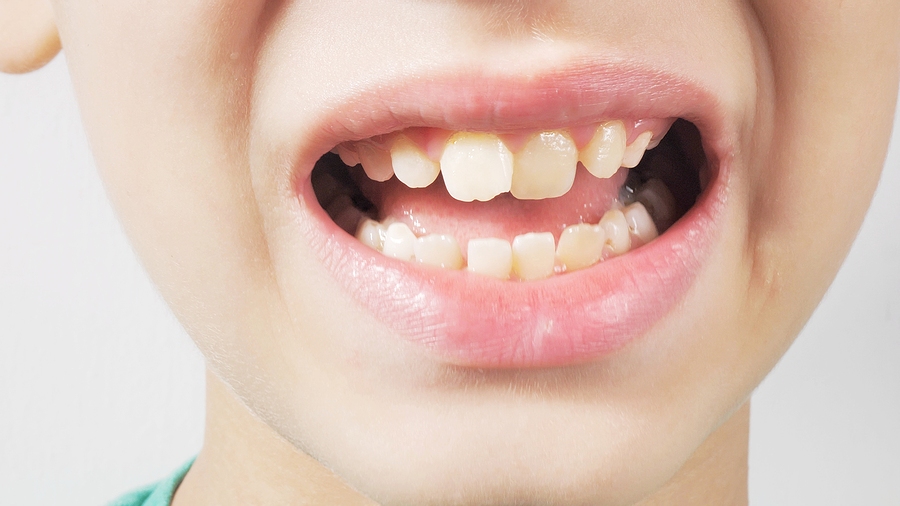
How To Prevent Dental Emergencies?
Welcome to our comprehensive guide on how to prevent dental emergencies and keep your smile shining bright! Dental issues can strike at any time, causing pain and discomfort that nobody wants to deal with. By following some simple tips and tricks, you can safeguard your oral health and avoid those dreaded emergency visits to the dentist. Let's dive in and learn how to stay prepared for any dental situation that may come your way.
Common Causes of Dental Emergencies
Dental emergencies can arise from various everyday situations that catch us off guard. One common cause is physical trauma to the mouth, whether from a sports injury, accident, or fall. This can lead to cracked, chipped, or knocked-out teeth requiring immediate attention.
Another frequent culprit is untreated tooth decay and cavities that have progressed deep into the tooth, causing severe pain and potential infections. Poor oral hygiene practices like neglecting regular brushing and flossing can also contribute to dental emergencies by allowing bacteria to thrive and wreak havoc on your teeth.
Furthermore, biting down on hard objects like ice, popcorn kernels, or pens can result in dental damage, such as broken teeth or damaged fillings. Additionally, engaging in habits like teeth grinding (bruxism) or using your teeth as tools for opening packages can increase the risk of dental emergencies.
By being aware of these common causes and taking proactive steps to prevent them through good oral hygiene habits and protective measures during physical activities, you can significantly reduce the likelihood of experiencing a dental emergency.
Tips for Preventing Dental Emergencies
To prevent dental emergencies, it's important to practice good oral hygiene habits consistently. Brushing your teeth at least twice a day and flossing daily can help keep your teeth and gums healthy, reducing the risk of issues that could lead to emergencies. Using fluoride toothpaste and mouthwash can also strengthen your enamel, making your teeth more resilient against damage.
Avoid chewing on hard objects like ice or popcorn kernels, as this can lead to cracked or chipped teeth. Also, be mindful of what you eat - sugary and acidic foods can erode enamel and increase the likelihood of cavities and other problems. Wearing a mouthguard during sports activities can protect your teeth from trauma caused by impact.
Regular dental check-ups are crucial for catching any potential issues early on before they escalate into emergencies. Your dentist can identify signs of decay, gum disease, or other concerns that may not be noticeable to you yet. By following these tips and being proactive about your oral health, you can significantly reduce the chances of experiencing a dental emergency in Roslyn or New York. Call us to learn more.
Maintaining Good Oral Health
Maintaining good oral health is crucial in preventing dental emergencies. It involves practicing daily habits that keep your teeth and gums healthy. Brushing your teeth at least twice a day with fluoride toothpaste helps remove plaque and prevent cavities. Don't forget to floss daily to clean between your teeth where the brush can't reach.
A balanced diet rich in fruits, vegetables, lean protein, and low-fat dairy products provides essential nutrients for strong teeth and gums. Limit sugary snacks and drinks that can contribute to tooth decay. Stay hydrated by drinking plenty of water throughout the day to help wash away food particles and bacteria.
Regular visits to the dentist for professional cleanings and check-ups are vital for maintaining optimal oral health. Your dentist can detect early signs of issues like cavities or gum disease before they become emergencies. By taking care of your oral health proactively, you can reduce the risk of unexpected dental problems arising.
The Importance of Regular Dental Check-Ups
Regular dental check-ups are a crucial part of maintaining good oral health. These routine visits to the dentist can help detect any potential issues early on, preventing them from developing into more serious problems. During a dental check-up, your dentist will thoroughly examine your teeth and gums, looking for signs of cavities, gum disease, or other issues.
In addition to detecting problems early, regular dental check-ups also allow for professional cleaning that helps remove plaque and tartar buildup. This thorough cleaning can prevent tooth decay and gum disease, keeping your smile healthy and bright. Your dentist may also provide valuable advice on proper oral hygiene practices and recommend treatments tailored to your specific needs.
By scheduling regular dental check-ups at least twice a year, you are taking proactive steps toward preventing dental emergencies in the future. Remember that prevention is always better than cure when it comes to oral health!
First Aid for Common Dental Emergencies
Experiencing a dental emergency can be stressful and painful. Knowing how to provide first aid in these situations can make a significant difference before you reach your dentist. If you chip or break a tooth, rinse your mouth with warm water and apply a cold compress to reduce swelling. Save any broken pieces if possible.
For knocked-out teeth, handle them by the crown (top part) and rinse gently without removing any attached tissue. Try to reinsert the tooth into its socket, but if that's not possible, place it in milk or saliva until you see your dentist.
If you have severe toothaches, floss gently to remove any trapped food particles and use over-the-counter pain relievers as directed. Avoid placing aspirin directly on the gums as it may cause burns.
In case of injuries inside the mouth, like cuts or bites, clean the area with warm water and apply pressure using gauze if there is bleeding. Remember that these steps are temporary measures; seek professional help promptly for proper treatment and care.
What to do in a Dental Emergency?
Experiencing a dental emergency can be stressful and overwhelming, but knowing what to do in such situations can make all the difference. If you encounter a knocked-out tooth, handle it carefully by holding it by the crown (top) and gently rinse off any dirt with water without scrubbing. Try placing the tooth back into its socket if possible or keep it moist in milk while seeking immediate dental care.
For a cracked or chipped tooth, rinse your mouth with warm water and apply a cold compress to reduce swelling. If you have a severe toothache, floss gently to remove any trapped debris and avoid placing aspirin directly on the gums as it may cause burns.
In case of a lost filling or crown, try using over-the-counter dental cement to temporarily secure it until you see your dentist. Remember always to contact your dentist immediately for professional guidance and emergency dental care during any dental emergency situation.
Conclusion
Preventing dental emergencies is crucial for maintaining good oral health and avoiding unnecessary pain and expenses. By following the tips mentioned in this article, such as practicing good oral hygiene, attending regular dental check-ups, and knowing what to do in case of a dental emergency, you can significantly reduce the risk of experiencing a sudden dental issue. Remember that prevention is always better than cure when it comes to your teeth and gums. Stay proactive about your dental care to keep your smile healthy and bright for years to come!
So go ahead – take that first step towards achieving the smile you've always wanted! To learn more about our dental services, visit ToothDocs at our Roslyn dental office or New York dental office.
Locations
630 5th Avenue Suite 1815, New York, New York 10111
Phone: (212) 969-9490
Email: info.nyc@toothdocsdental.com
- MON - FRI9:00 am - 5:00 pm
- SAT9:00 am - 4:00 pm
- SUNClosed
1044 Northern Blvd., Suite 106, Roslyn, New York 11576
Phone: (516) 625-0088
Email: info.roslyn@toothdocsdental.com
- MON9:00 am - 6:00 pm
- TUE9:00 am - 5:00 pm
- WED9:00 am - 6:00 pm
- THU - FRI9:00 am - 5:00 pm
- SAT - SUNClosed
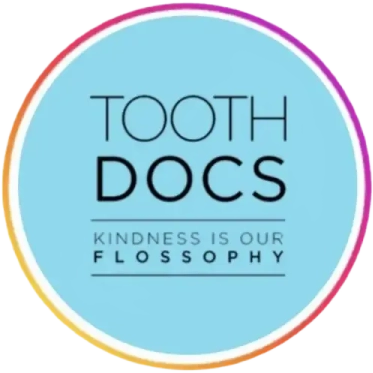

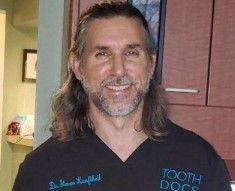






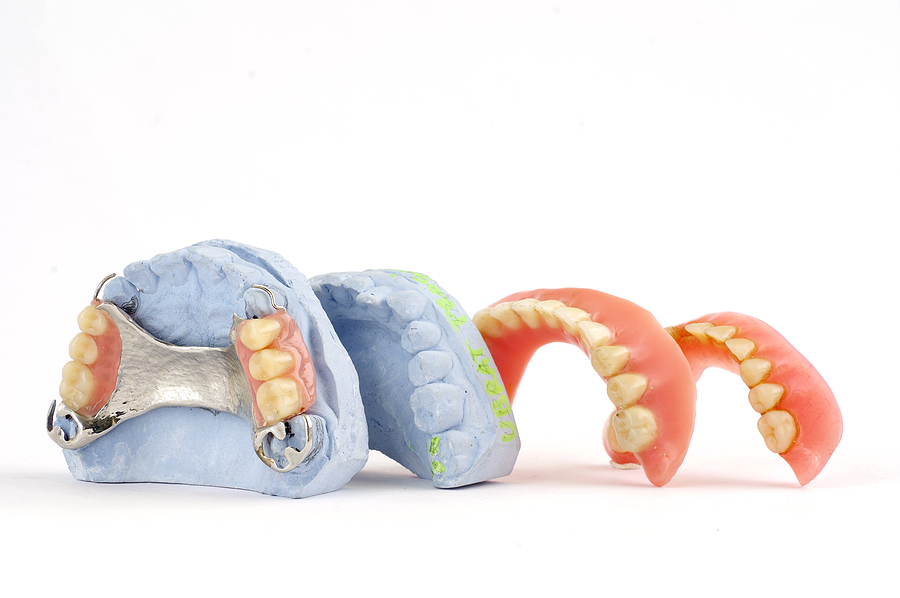
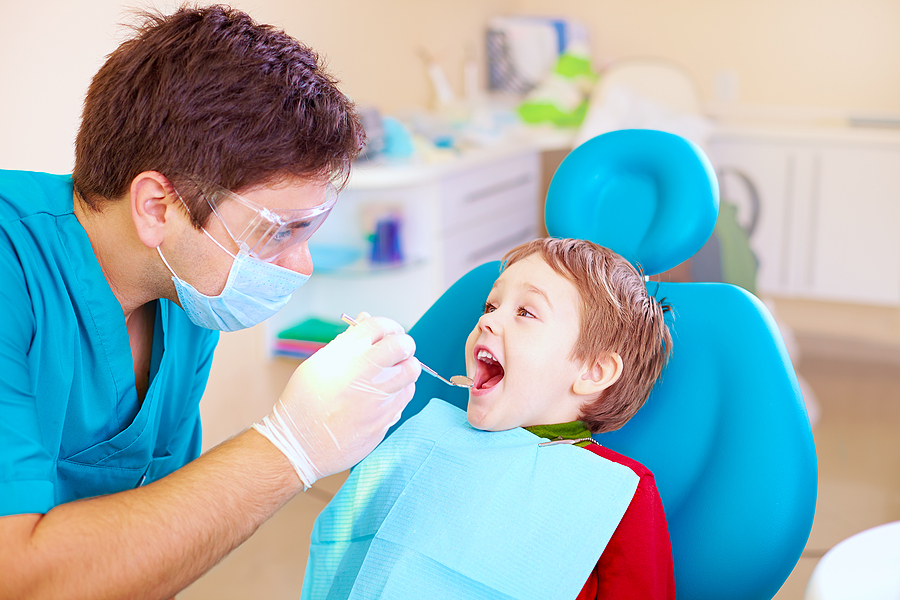
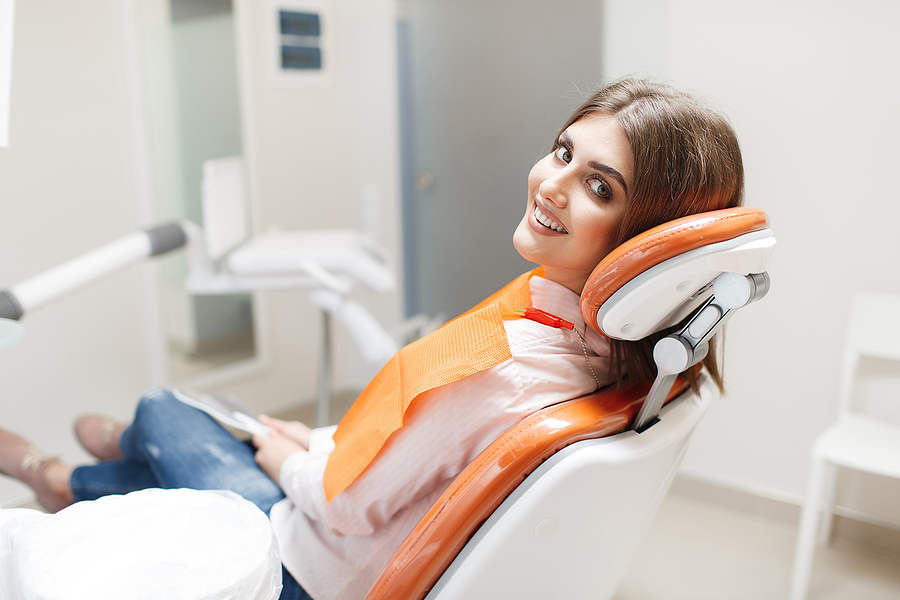
comments